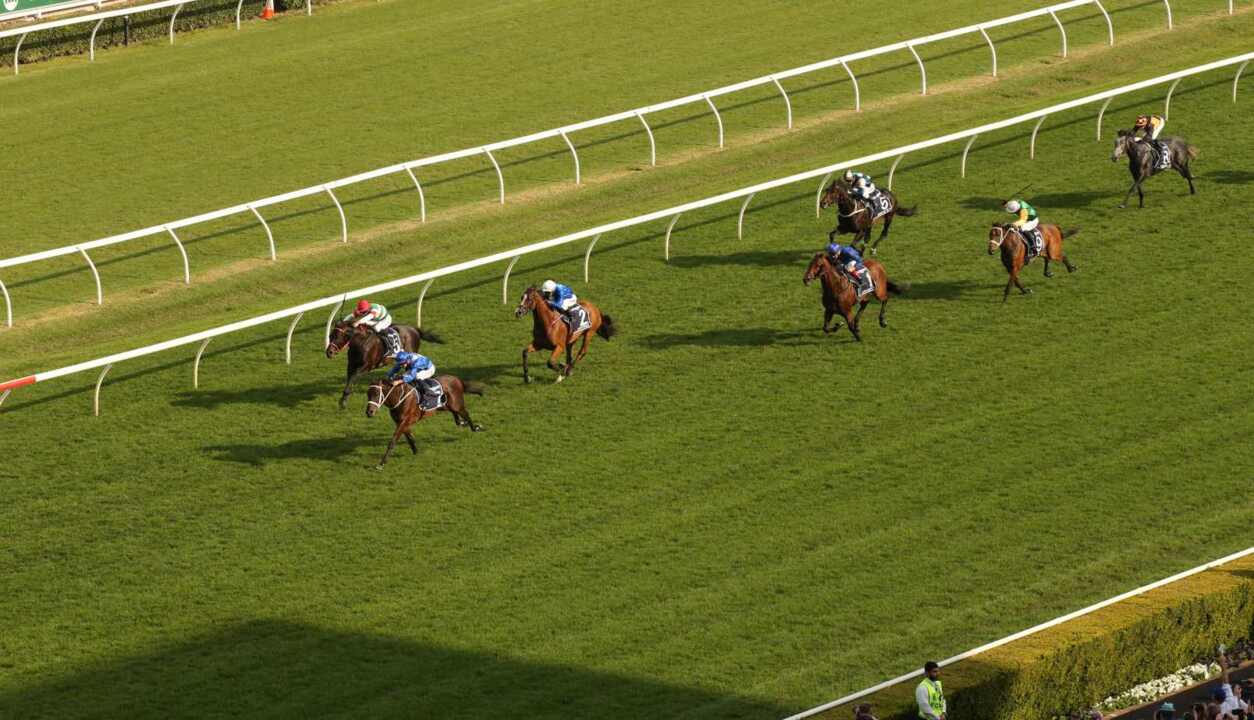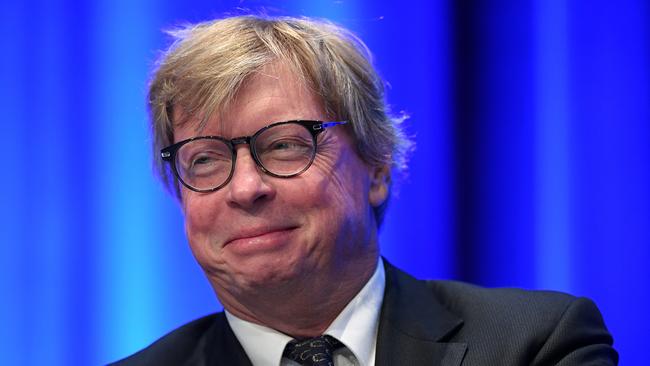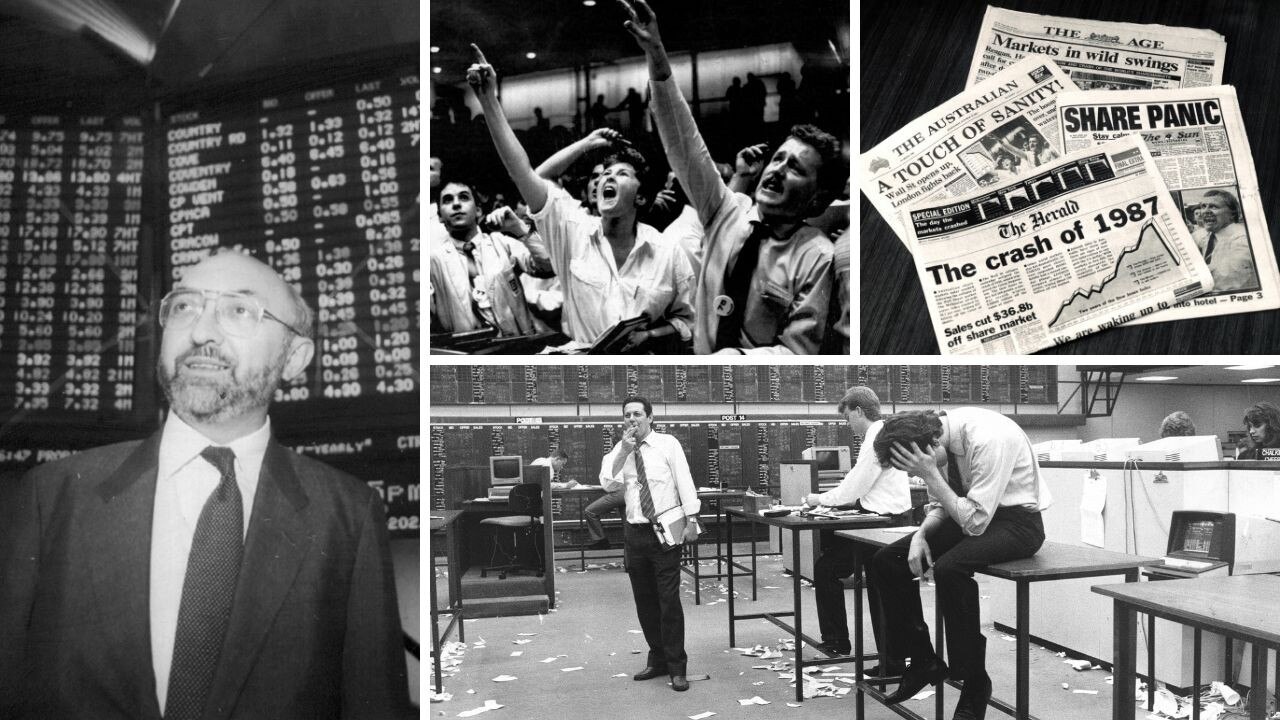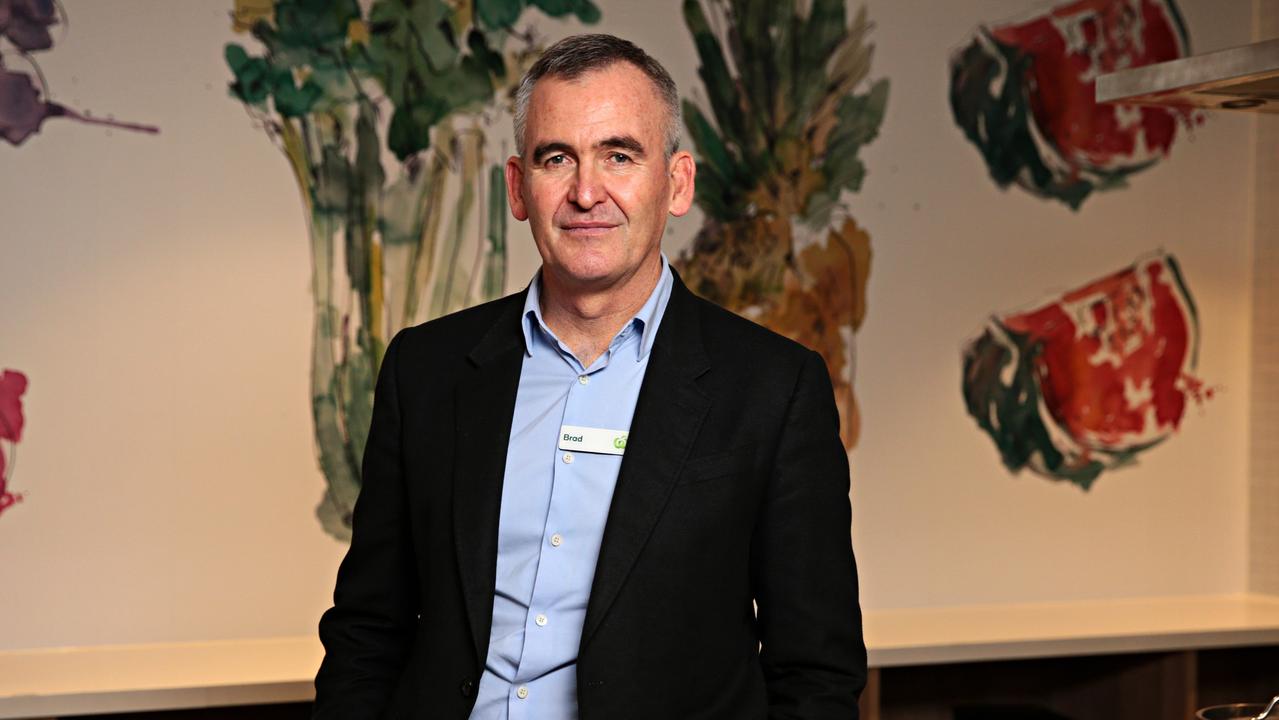Tabcorp deal’s a racing certainty
Some sort of transaction around Tabcorp now seems certain but any proposal has to be a premium to the current market price.

Terry McCrann
Don't miss out on the headlines from Terry McCrann. Followed categories will be added to My News.
Talk about a baptism of fire: Steven Gregg just last month moved into the chairman’s office at
gaming and wagering group Tabcorp and one of his first tasks might well be to call the removalists to move himself straight back out.
That’s obviously something of an overstatement: if he does end up presiding over the sale of
Tabcorp, it will take him the best part of the year to do it; if indeed not longer, especially if as would be almost certain the competition czar, Rod Sims at the ACCC, got involved.
To me, though, some sort of transaction around Tabcorp now seems certain - ranging all the way from a full takeover which would have to tip the scale close to or even higher than $10b, through the ‘de-merging’ of the Tabcorp wagering and Tatts gaming and lotteries arms back into their pre-2017 separate structures, to the sale of one of those two businesses out of a continuing listed Tabcorp.

The broad asset market dynamics have combined with the particular circumstances of the uniquely unified – yet lazily sprawling – wagering and gaming group in this time of the virus, that Tabcorp is, to make it, quite simply, a sitting duck.
After the turbulence of 2020 into the uncertainties of 2021, Tabcorp’s vulnerable to a general value-release proposition that could be set at a seductive premium to recent market prices and still be both an overall and post-restructuring bargain.
At the same time, it is also vulnerable to a specially targeted creative restructuring proposal.
But the door has also been opened for Tabcorp to come up with its own internal ‘offer’, so to speak – a ‘counter offer’ to what’s presented from outside.
This would seek to release the same sort of value as that envisaged by the circling predators, but reserving all that extra value for Tabcorp shareholders rather than having it largely captured by those external initiators.
The varied nature of the circling predators is a pointer to the potential alternative proposals. It also, to me my mind, demonstrates why something seems inevitable.
There’s just too much upside; there’s just too much – informed and deep-pocketed - interest; there’s just too much momentum, in a global equity market flush with cash desperately searching for assets to buy.
This does point to its own counter – a sort of extension and refinement of what I could call the ‘Kerry Principle’.
The ‘Kerry Principle’ has long been that if Kerry – as in Packer – was selling, don’t be the buyer; if Kerry was buying, don’t be a too-willing seller.
In this time of the virus and the massive global money-printing, it’s come down to something much simpler – be very, very reluctant to sell an asset, almost any asset. Because you then have to find another asset to buy; and every transaction raises the risk and indeed the reality of over-paying.
Gregg and the board of Tabcorp have to be very mindful of this broad reality. They must then also ‘add on’ the unique value that Tabcorp has, from both its franchises and post (Tatts) merger underdevelopment. Plus the negative, hopefully short-term, impact of the virus.
Simply, any proposal – no matter how elegant or complicated – has to be at a very significant premium to market.
And it is imperative that the company originate its own counter – indeed, suite of counters –to
benchmark what is offered from the outside.
So far, only the London-listed global betting firm Entain, which owns Ladbrokes, has been publicly identified as interested. Its interest is only in Tabcorp’s wagering arm.
But private equity player Blackstone and ‘Mr Melbourne’ – investment banker-turned-patron and powerbroker John Wylie – is also, apparently, structuring a private equity proposal.
KKR which tried to buy Tatts will also be ‘watching’.



